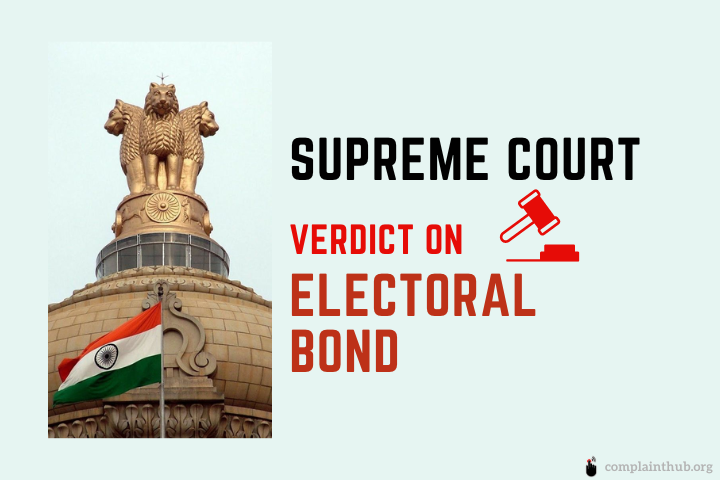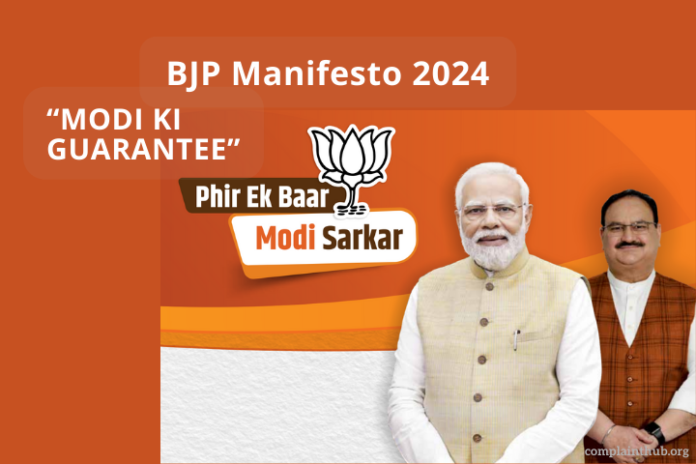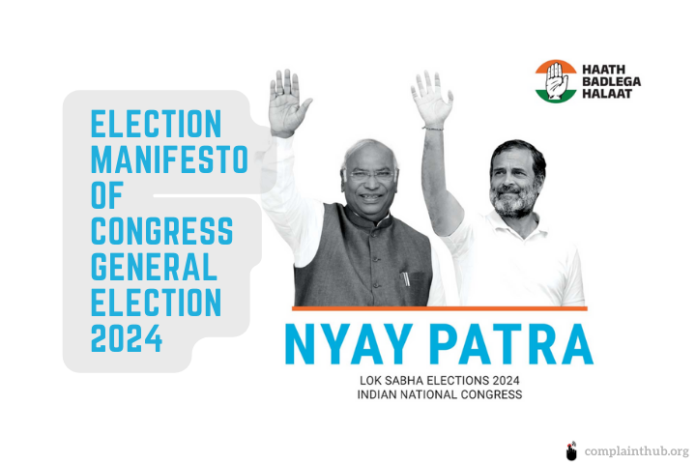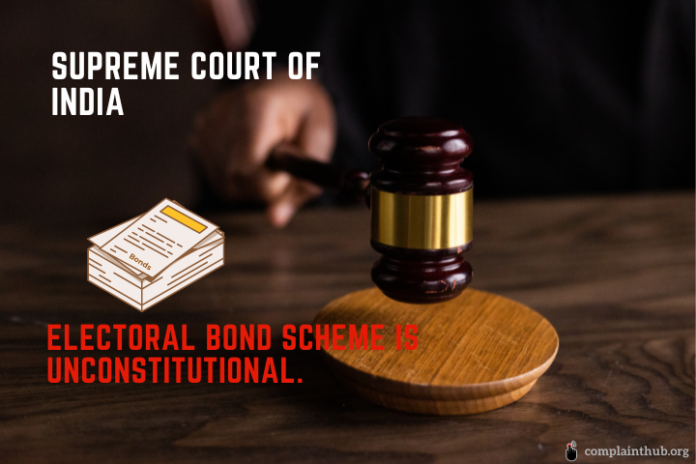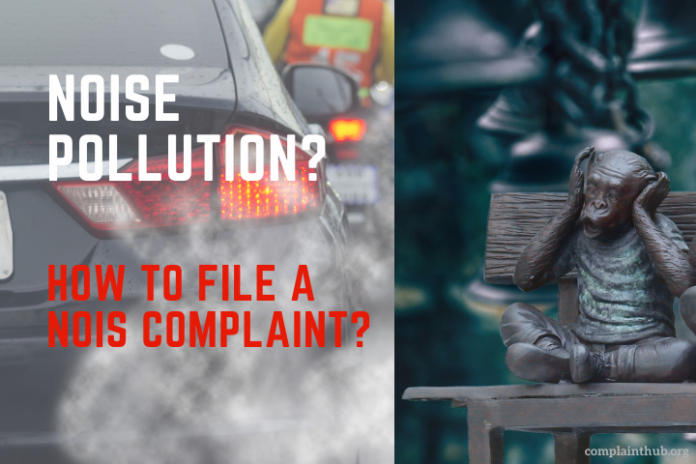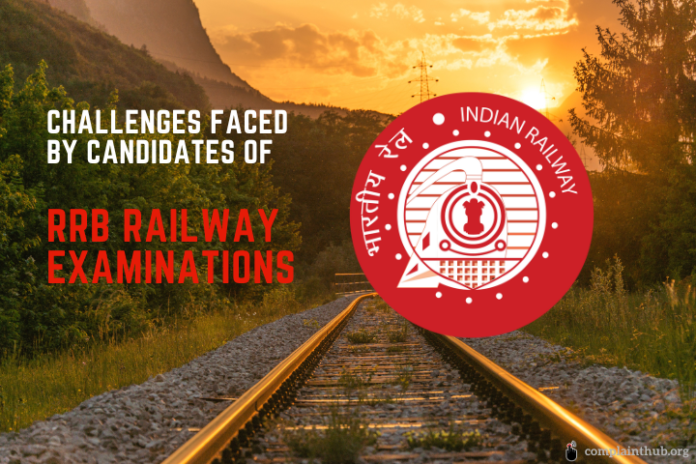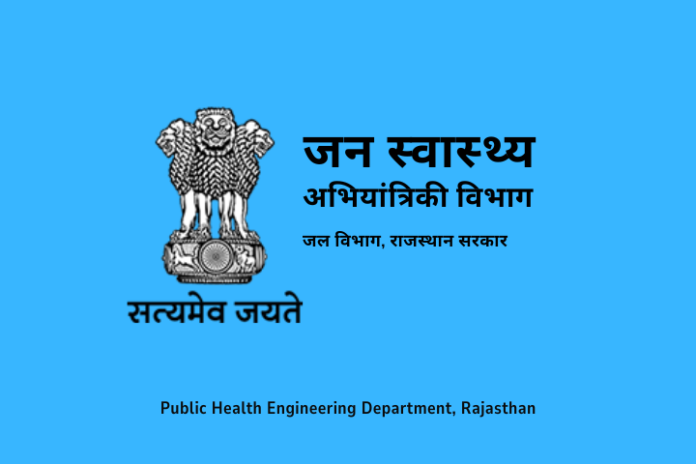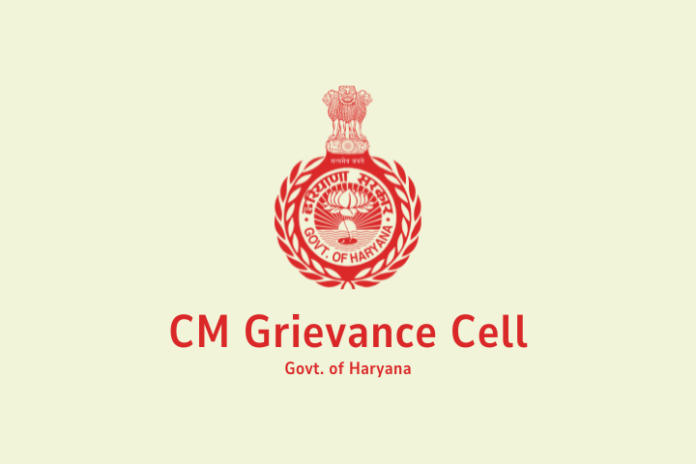In a landmark judgment issued today, February 15th, 2024, the Supreme Court of India struck down the Electoral Bonds scheme as unconstitutional. This verdict highlights the Court’s concerns over the lack of transparency and erosion of democratic principles inherent in the scheme.
What are Electoral Bonds?
Electoral Bonds are financial instruments introduced in 2017 that allow individuals and corporations to donate money to political parties anonymously. Donors can purchase these bonds from the State Bank of India (SBI), and the chosen political party can then encash them. The identity of the donor remains hidden.
The Controversy
The Electoral Bonds scheme has been mired in controversy since its inception. Critics of the scheme have argued that:
- Opacity: Electoral Bonds undermine transparency in political funding, obscuring the sources of large donations.
- Tilted Playing Field: The anonymity of Electoral Bonds risks granting undue influence to wealthy individuals and corporations, allowing them to shape political outcomes without public scrutiny.
- Potential for Corruption: The scheme could facilitate the influx of black money (unaccounted funds) into politics, eroding the integrity of elections.
Supreme Court’s Ruling
The Supreme Court delivered a unanimous verdict holding that the Electoral Bonds scheme violates the Right to Information under Article 19(1)(a) of India’s Constitution. The Court argued:
- Right to Know: Citizens have a fundamental right to know the sources of funding for political parties to make informed electoral choices. Electoral Bonds conceal this vital information.
- Level Playing Field: Anonymity in political donations gives an unfair advantage to certain parties, especially the ruling party, which may have greater access to large-scale corporate funding.
- Alternative Channels: The rationale advanced by the government—that Electoral Bonds were necessary to curb the use of black money—was unconvincing. The Court noted that other lawful and transparent channels for political funding already exist.
Key Outcomes of the Judgment
- Electoral Bonds Declared Void: The existing Electoral Bonds scheme will become invalid. Political parties may still be entitled to receive the benefits of bonds already purchased and encashed.
- Demand for Greater Transparency: The judgment reignites the demand for increased transparency in political funding.
- Review of Funding Frameworks: The government and Election Commission of India will likely be compelled to revisit political funding laws and introduce stronger safeguards for fair and transparent elections.
The Supreme Court’s judgment on Electoral Bonds marks a significant victory for citizens’ rights and the fight for clean politics. This ruling may initiate a process of reform to uphold accountability and fairness in India’s democratic system.
It’s essential to note that the political implications of this verdict will play out in the coming months and years, including potential attempts to devise alternative, more transparent systems of political funding.




